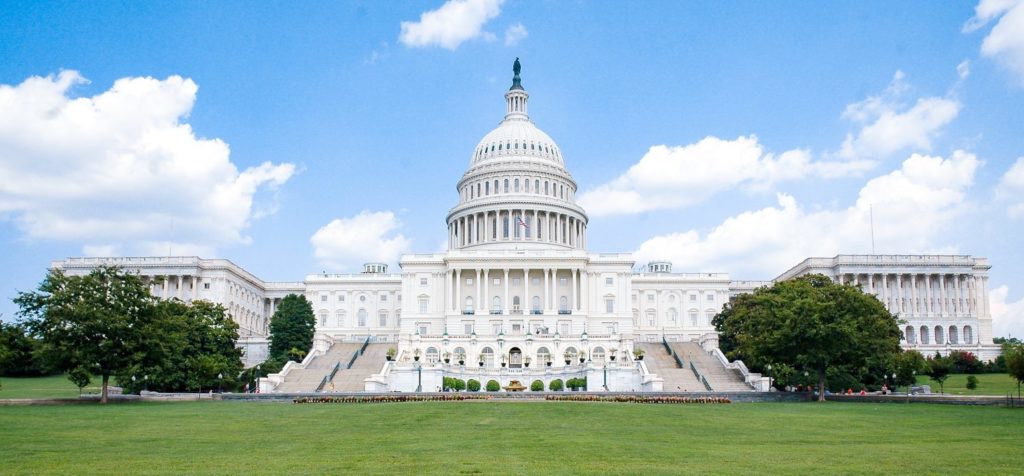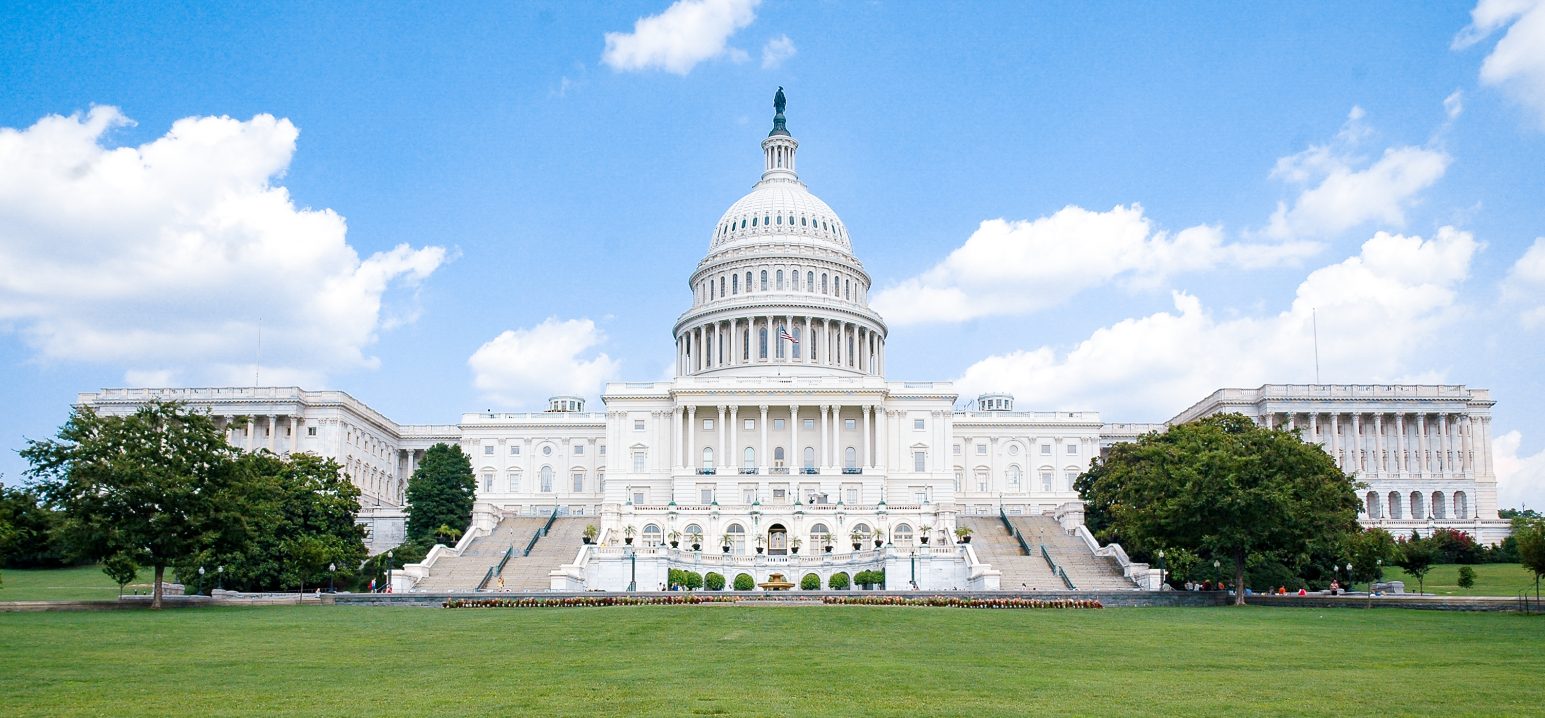by Howard Bedlin. This article originally appeared on the National Council on Aging blog.

When our partners travel to the nation’s capital, the National Council on Aging (NCOA) Public Policy and Advocacy team strongly encourage them to schedule Hill visits.
We often get questions about why these office visits are so important and how they work. In advance of our 2019 Age+Action Conference, which will feature a Hill Day, we’re planning a series of educational webinars to discuss Hill visits and to help make your visit successful.
Register now for our webinar! Thursday, Feb. 21 @ 3 p.m. ET: NCOA Age+Action Conference: What is a Hill Visit Anyway and Why is it Important?
What is a Hill visit?
First — what it ISN’T:
- It’s not a guided tour from one of NCOA’s seasoned Public Policy and Advocacy team members of the U.S. Capitol complex.
- It’s not necessarily lobbying.
- It’s not a mandatory part of our 2019 Age+Action Conference.
A Hill visit is a chance to introduce yourself to the elected officials (and/or their staff) who represent you, share your expertise and insights on the needs of older adults in your community, and educate them about the programs, services, and solutions you provide, as well as a possible story or two about seniors you serve.
Why is it important?
Elected officials and their staff juggle multiple policy topics in any given day, and there are thousands of federal programs they have some responsibility for. They rely on information from trusted, reliable contacts back home to inform their decisions and put national issues into contexts relevant to the constituents and communities they serve.
But, Hill visits are not just about influencing policy; they are also about making sure that your members of Congress and their staff know they can turn to you and your organization when they need help with their older constituents’ concerns.
Remember, these public servants are elected to represent the same people that you serve.
A Hill visit is not just a chance to educate members of Congress and their staff once while you are in Washington DC, but also an opportunity to begin or strengthen a relationship with them in support of your common goals for your communities.
Your educational and relationship-building efforts have the potential to make a difference in your state and community, and also have a substantial impact on programs and policies for older adults nationwide.
Many legislators are unaware of and need to know about important programs that serve seniors in their states and districts, such as:
- Low-income outreach and enrollment efforts to improve access to key benefits
- Older Americans Act programs, such as supportive services, health promotion and disease prevention, and congregate meals
- Falls prevention programs
- Chronic disease self-management and other evidence-based programs
As members of Congress become better educated about these types of services and how they help their constituents back home, it will be much easier for NCOA Advocacy staff to then go back and “lobby” by talking with them about how these programs might be improved or why funding should be increased.
By partnering with NCOA on Hill visits in DC and ongoing Congressional outreach when you return home, you can better determine when reaching out to your elected officials is timely, which members of Congress are best positioned to influence policies you care about, and ensure that the NCOA team can leverage your efforts to advocate on your behalf in national debates.
How can you learn more?
When you express interest in a Hill visit, the NCOA Public Policy and Advocacy team works with you in a number of ways to help ensure your success. We provide:
- Training and technical assistance on everything from scheduling to preparing to executing successful visits
- Background information on the latest relevant national policy issues
- Templates and other tips for sharing local data and stories
- Opportunities for NCOA staff to join in visits with key targets
- Automated feedback forms to learn about your meetings and where follow-up opportunities exist
- Toolkits to stay informed about certain issues or learn more about certain strategies
To learn more about the 2019 Age+Action Conference Hill Day, register for the first of several webinars we’re hosting: NCOA Age+Action Conference: What is a Hill Visit Anyway and Why is it Important? Thursday, Feb. 21 @ 3 p.m. ET.
Editor’s Note: After you attend NCOA’s webinar on Hill visits, you can put your skills into action at two upcoming Diverse Elders Coalition advocacy opportunities! Our friends at SAGE are hosting their first-ever National Day of Advocacy on March 13th, and applications are now open for SEARAC’s annual Leadership and Advocacy Training in June.
The opinions expressed in this article are those of the author and do not necessarily reflect those of the Diverse Elders Coalition.

